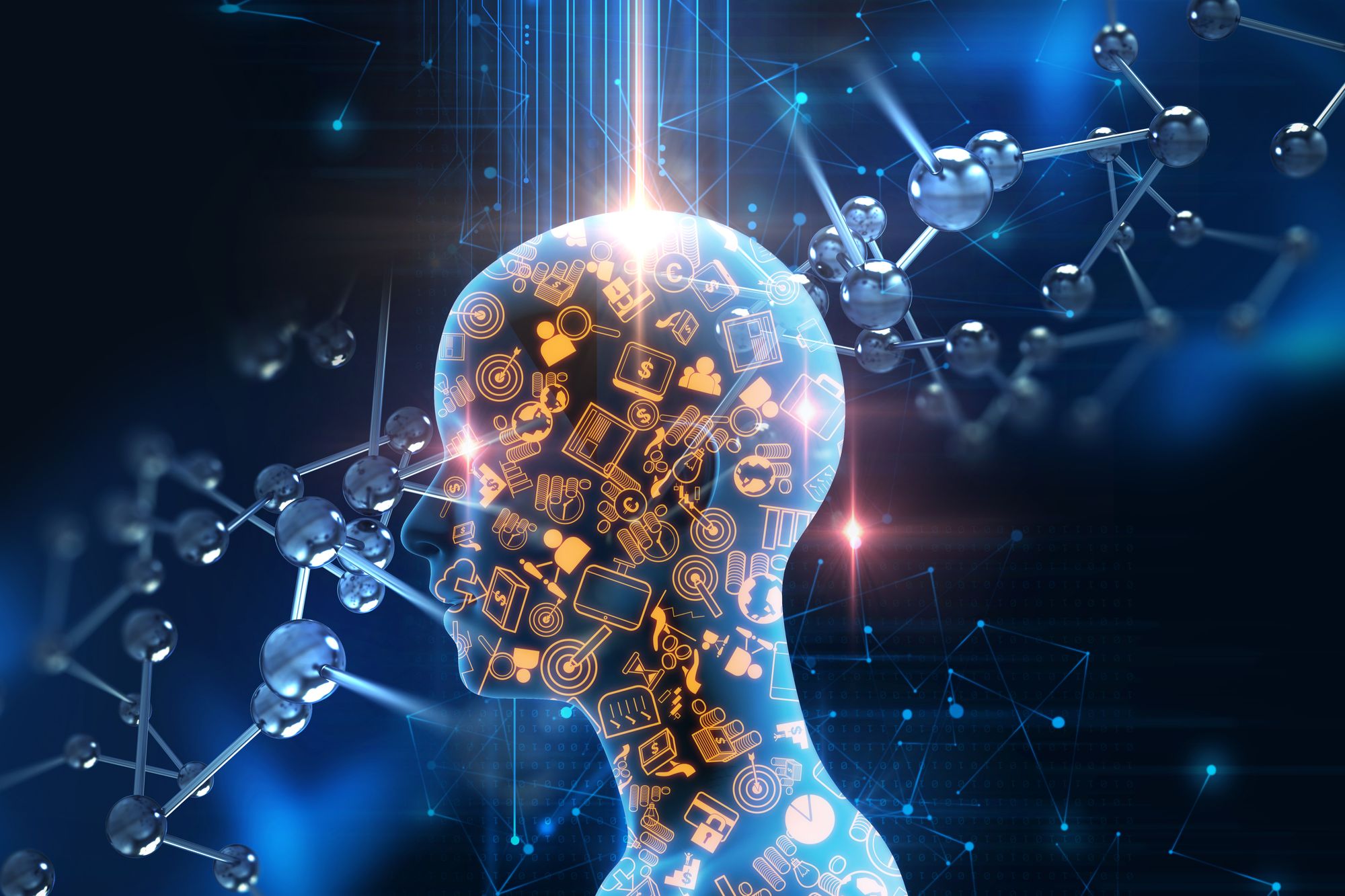Artificial Intelligence Trends To Watch Out For Today, we use multiple tools to perform complex arithmetic. AI will become the "calculator" of sorts for performing complex tasks and data-driven decision making
Opinions expressed by Entrepreneur contributors are their own.
You're reading Entrepreneur India, an international franchise of Entrepreneur Media.

Trends and predictions in Artificial Intelligence can be difficult to predict, but one thing is certain - AI will make significant strides in the healthcare sector more so now given that we are battling a once in a lifetime pandemic. Although many businesses today throw the term "AI" around casually in their grey literature, it perfectly encapsulates today's technological zeitgeist, and it shows no signs of an exit. That's one prediction no one would hesitate to put their money on.
But before we clear the fog for you and present my hot takes for AI in 2020, it'll be worth doing a run-down on its highlights over the past few years. We've seen AI breakthroughs in a wide variety of fields from healthcare to transportation. Machine Learning is helping financial services firms with advanced fraud detection, and computer vision is optimizing offline retail. With the applications proving to be limitless, businesses across industries view AI as the catalyst for their growth.
According to my understanding, here's what will trend in AI in 2020:
New drugs and smarter epidemic mitigation
As Sequoia Capital fittingly put it, coronavirus is the black swan of 2020. With 98,000 confirmed cases globally, researchers are exploring ways to fight the coronavirus's spread. AI will prove to be the much-needed tool enabling medical researchers to develop vaccines, cures, and mitigation strategies.
China has displayed this effort to tackle the coronavirus outbreak. Using facial recognition, China can identify infected individuals and monitor their activities to determine the virus's possible spread. AI-inspired infrared cameras can capture body temperatures and use that data to contain the coronavirus's impact.
The same technology has scope for mitigating future epidemics too.
Besides, we will witness a boom in the engineering of new medical techniques in general. Finding the right medicinal ingredients for treating a specific symptom requires a lengthy trial and error process. AI models will allow researchers to zero in on the ingredients that have displayed proven results, thus saving time, resources, and above all, lives.
AI-backed police and military
Governments will use AI to support the police and the military. Facial recognition systems set up on streets will help police identify missing individuals, locate crime hotspots, and monitor potential criminals and their whereabouts.
AI will help police task forces solve cases faster while enabling greater insights on complex situations. The US, China, and India are already working on launching facial recognition systems nationwide.
The US has started working on AI-implementation in the military. Introductions such as autonomous drones will assist soldiers and reduce fatality rates on the battlefield.
Humans with AI assistants
Just like how smartphone apps are now an extension of the human body, AI will become integral to everyday activities. Particularly in workplaces, people will take advantage of handy AI tools to complete repetitive and mundane tasks, thus allowing the global workforce to focus on tasks that require creativity and innovation.
Apps such as Shazam are already helping us identify new music. Similarly, we will use computer vision to assist in identifying and analyzing unfamiliar aspects of our surroundings. Facial recognition will become an everyday tool used to verify identities.
Today, we use multiple tools to perform complex arithmetic. AI will become the "calculator" of sorts for performing complex tasks and data-driven decision making.
Conclusion
Every business is using AI, and AI startups are appearing left, right, and center. Global governments are also taking advantage of this technology. 2020 could be the year that solidifies AI's influence on everyday life.
AI in healthcare gives us all hope of leading a healthier life, and AI-inspired personal assistants will become commonplace. But there is an opportunity for governments to misuse the technology and infringe on the privacy of many. China is leading the charge here but hopefully, none will follow.












